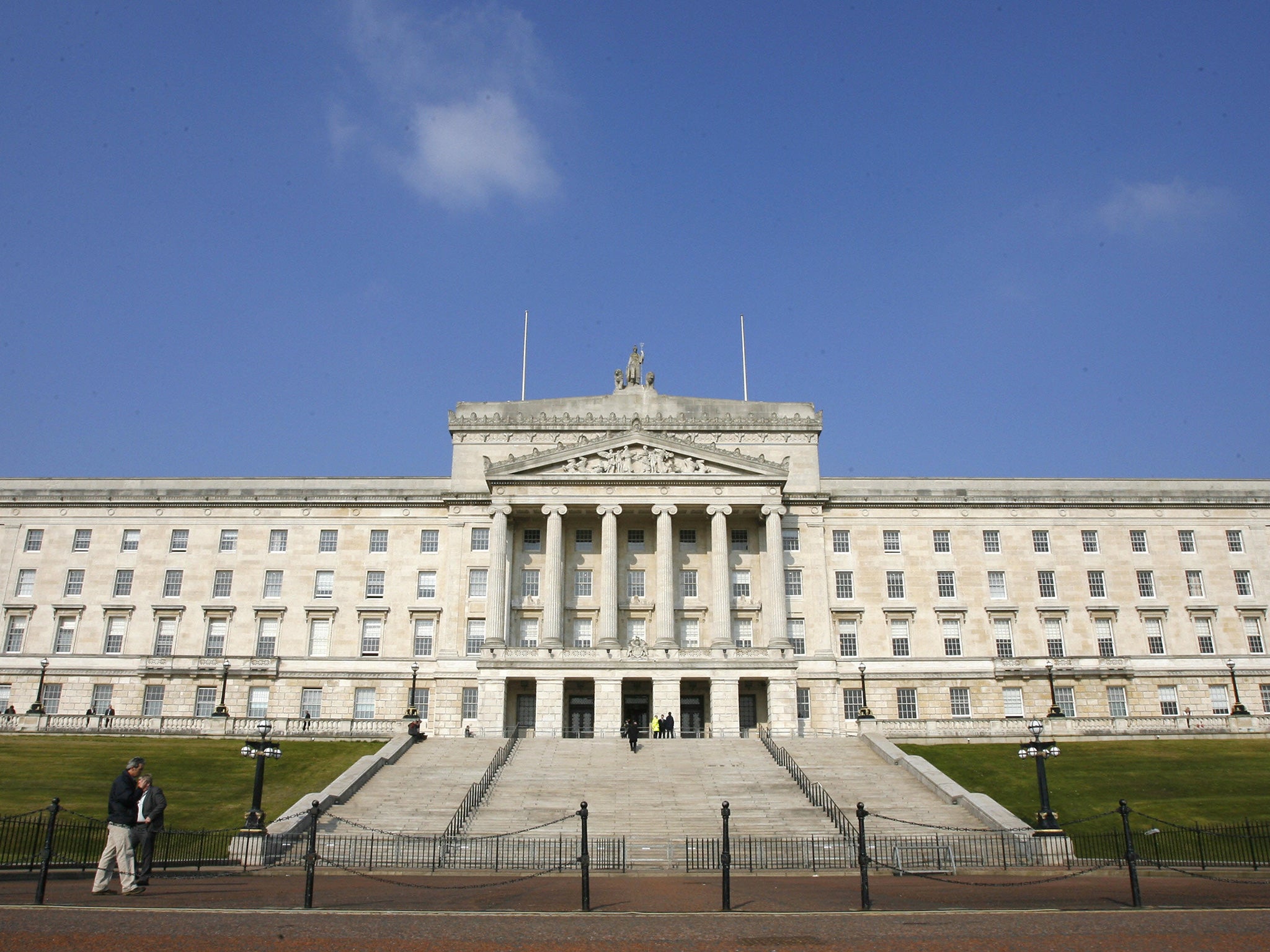Northern Ireland election results: Record number of female MLAs take seats at Stormont
For the first time, there is greater representation of women at Stormont than the House of Commons

A record number of women have been elected to the Northern Ireland Assembly, meaning the devolved parliament now has the same proportion of women as the House of Commons.
A total of 30 per cent of MLAs at Stormont are women, following last week’s snap election. This is now identical to the House of Commons, following the Copeland by-election.
The other devolved regions of the UK have higher proportions of female political representatives still, taking 48 per cent and 35 per cent of all seats in the Welsh and Scottish parliaments respectively.
While women have historically always been underrepresented in parliaments due to structural barriers and social attitudes, the issue has been particularly prevalent in Northern Ireland due to the circumstances of the Troubles conflict.
Men were much more likely to be involved in violence during this period and as the power-sharing parliament is predicated on bringing organisations formerly involved in violence and encouraging them to engage in peaceful political participation, women have often be barred from participation.
During peace talks leading up the signing of the Good Friday Agreement in 1998, the Northern Ireland Women’s Coalition sought to represent marginalised women from across both ‘sides’ of the conflict. However, male politicians sought to exclude them by heckling them during talks, in order to drown their voices out.
The number of women becoming MLAs has increased slowly in recent elections. In 2011, they constituted just 19 per cent of MLAs. However, by the time of the May 2016 election, this figure had risen to a new high of 28 per cent.
Northern Ireland’s biggest parties, the Democratic Unionists and Sinn Féin, are now both lead by women, Arlene Foster and Michelle O’Neill, following the resignation of leading political figures Martin McGuinness and Peter Robinson within the last two years.
Join our commenting forum
Join thought-provoking conversations, follow other Independent readers and see their replies
Comments